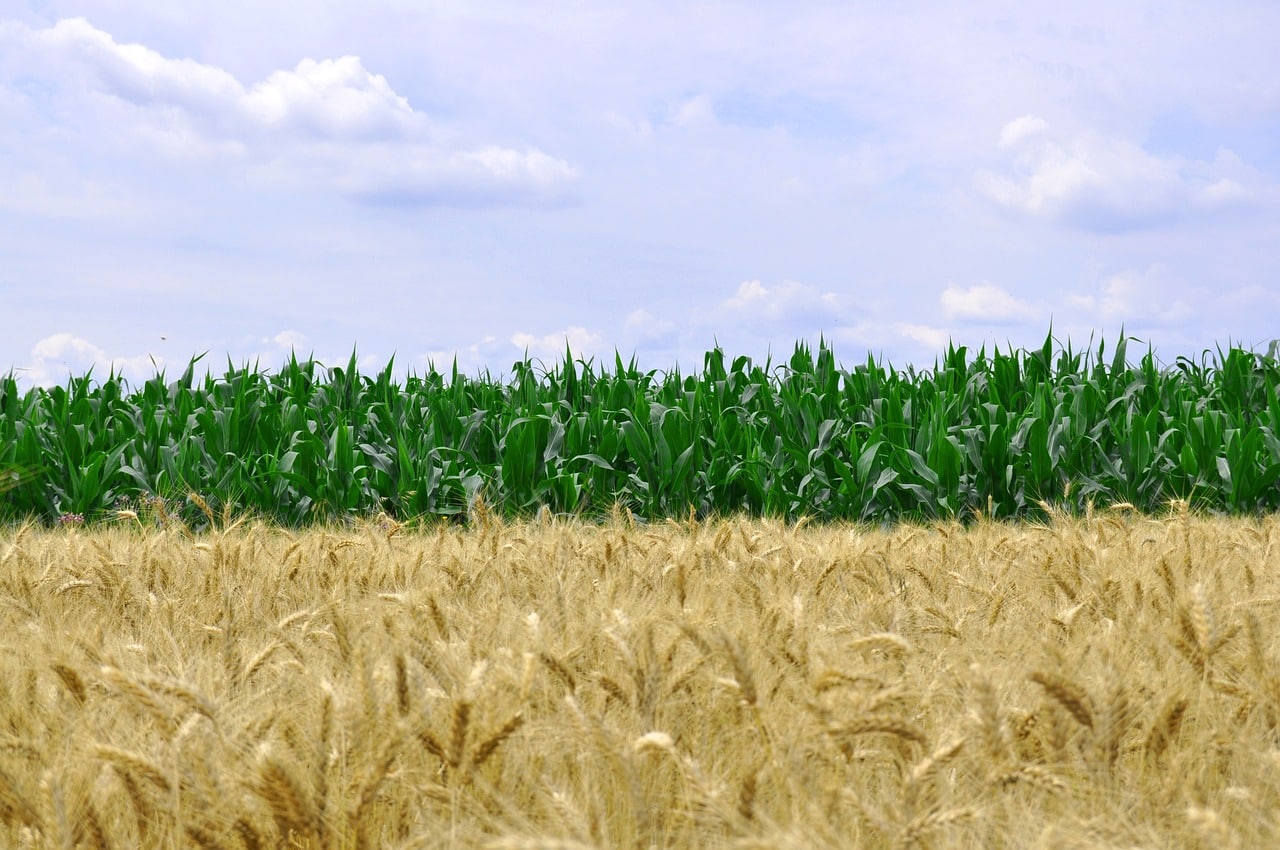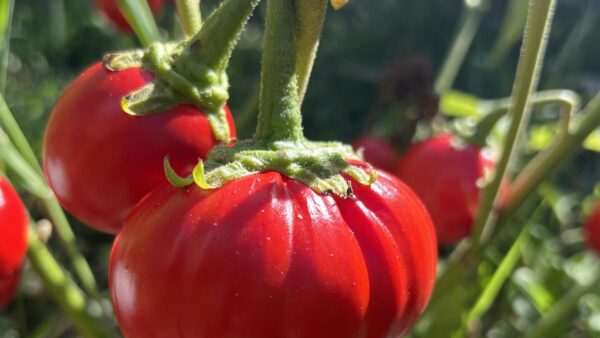I sensed a collective sigh of relief from the agricultural community when President-Elect Joe Biden announced his intention to ask Tom Vilsack to reprise his role as Secretary of Agriculture. The former Governor of Iowa is well-known across the Corn Belt, in commodity circles and in the livestock industry. His time as Secretary of Ag under President Barack Obama was largely seen as favorable to farmers and the industry.
The farmers and business leaders I’ve talked to about Vilsack’s selection are pleasantly surprised. It’s seen a victory against the progressives’ moves to overhaul the USDA. Vilsack is seen as a calming presence and a buttress against activists dictating the terms to American farmers.
This, however, is not the time to relax.
The changing priorities of the extremes of both parties have often put pressure on an industry that requires long-term planning, decades-long in many cases. From using tariffs as a negotiating tool to regulating field waterways, decisions made in DC can reverberate for a generation on the farm.
The next four years will see debates on land use priorities, regulatory status of pesticides, the expansion of the post-patent GMO seed market and a fundamental discussion of how modern farming practices jive with modern life. These discussions may fundamentally change agriculture, and as a result, the entire U.S. seed industry.
Farmers and seed business leaders are rightly frustrated with some of the current discussions in DC. Every year, the nation’s leadership becomes more disconnected from rural America and agriculture. Even policy-makers from rural areas have shown a lack of understanding of the realities of feeding, fueling and clothing the insatiable appetite of 330 million Americans, let alone a growing, global middle class.
Vilsack’s presence at the USDA won’t matter if our industry isn’t engaged. This is the time to make your voice heard in DC, in your state and in your community. If your company isn’t a member of the American Seed Trade Association, join it. If you aren’t a member of the Independent Professional Seed Association, join it. If you aren’t a member of your state agricultural association, join it. After that, join a committee, chair a working group and get in front of legislators in your State House and on Capitol Hill.
Vilsack’s selection to lead the USDA is the opportunity to make lasting change for our industry.
Trust me, you are going to want a seat at the table!









